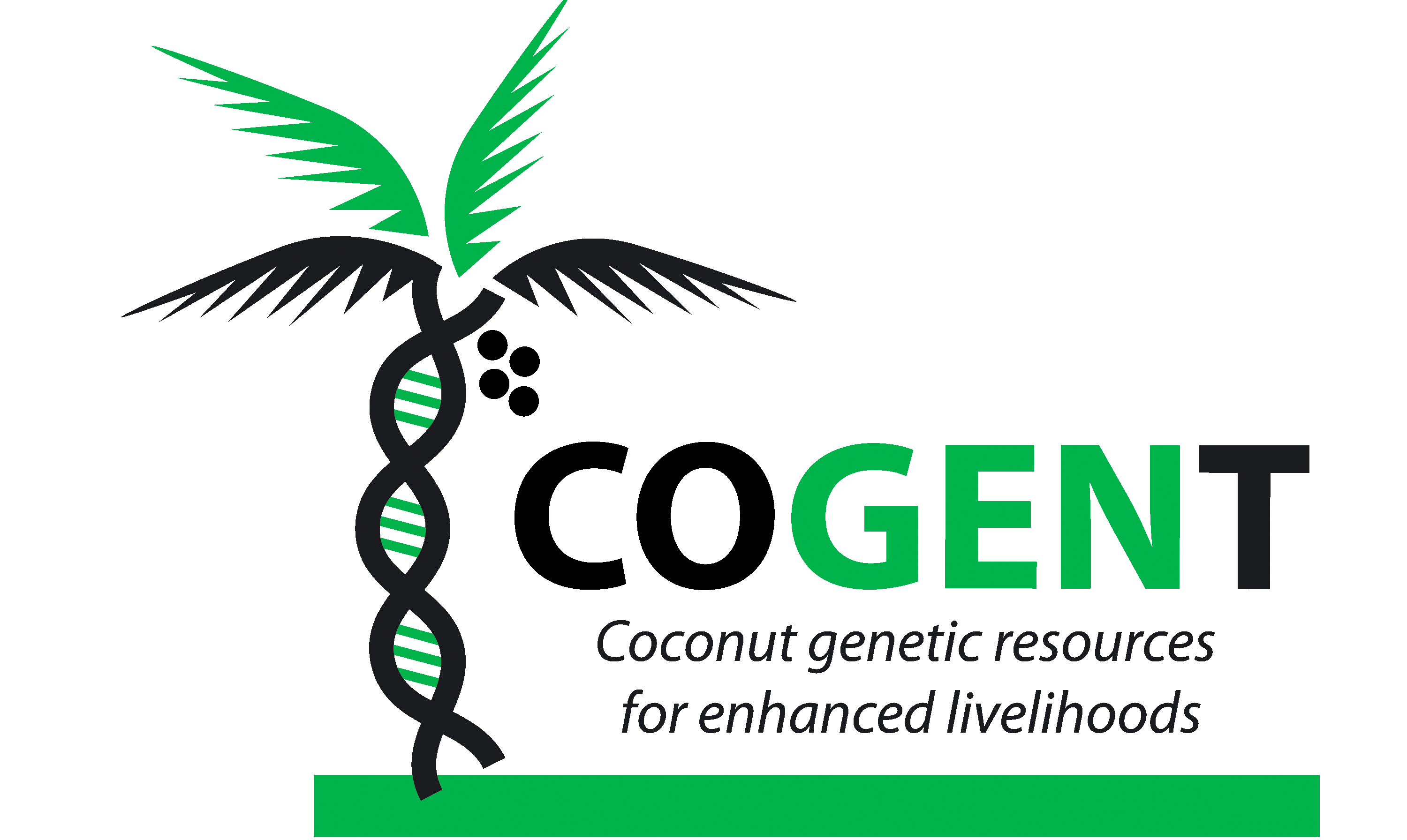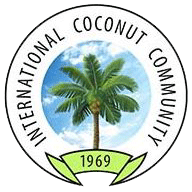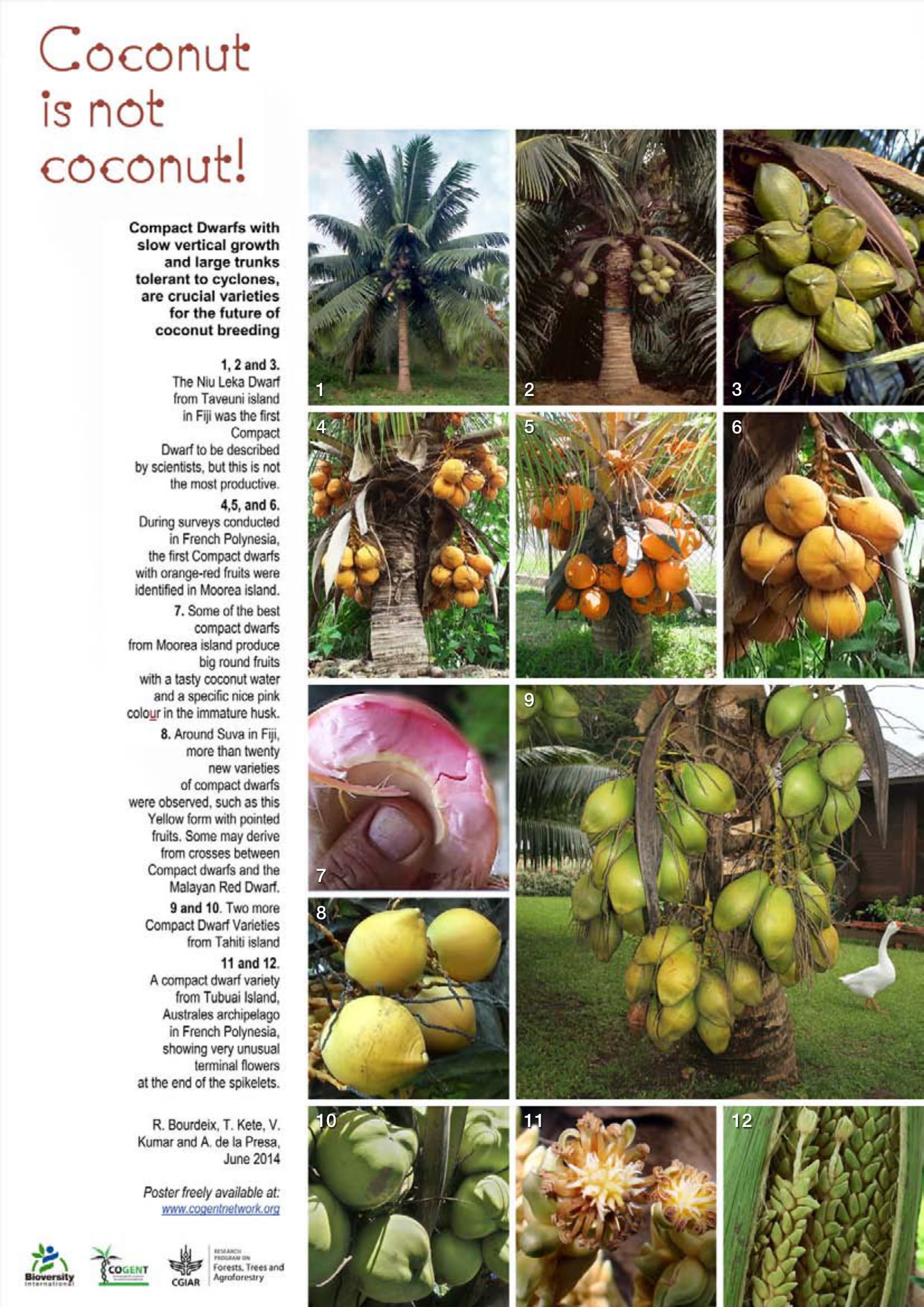News and Event
Saving Pacific Coconuts: Darwin Initiative workshop in Samoa Nov 2017
Government representatives from Fiji, Papua New Guinea and Samoa met at the Millennium Hotel in Apia, Samoa 6-10 Nov 2017 with other Asia-Pacific and international stakeholders to discuss progress within a mission to help protect Asia-Pacific coconut diversity and associated livelihoods from climate change and other threats.The meeting was inaugurated by His Excellency, Tuilaepa Aiono Sailele Malielegaoi, the Prime Minister of Samoa
Event
Bioversity International held the mid-term project workshop between 6 and 10 November, at the Millennium Hotel I Apia, Samoa, in conjunction with the Samoan Government. Along with main project partners and other stakeholders (see below) the workshop discussed progress within the Bioversity project Upgrading and broadening the new South-Pacific International Coconut Genebank that began on 1st June 2016. The workshop also trained particpants in skills needed to identify, map, collect and conserve the threatened coconut diversity. These genetic resources urgently need conserving for current and future wellbeing.
Apart from its obvious importance to Samoa and the Pacific region (80% global production), coconut is grown in around 100 tropical countries, on more than 12 million hectares and by countless homesteads, and is culturally and economically important to many millions of smallholder households. Annual global output is estimated at around 67 million T (copra, coir, water and oil), with a gross value of more than US$50 billion Coconut germplasm is conserved as around 1,500 accessions in 24 field genebanks across the world, which face various threats. The future of coconut production and associated livelihoods critically depends on its broad genetic diversity.
A new International Coconut Genebank (ICG) is being established in Papua New Guinea (PNG), where the existing ICG (ICG-SP) is threatened by a lethal yellowing disease, Bogia Syndrome. Importantly, not all representative coconut biodiversity is conserved, and in many Pacific islands, this is seriously threatened by climate change and potential sea-level rise and soil salinization. A transfer of the ICG-SP is underway, partly supported by the Government of PNG, from Madang to Punipuni in PNG, with a duplication back-up planned in Fiji and Samoa, which is offering a unique opportunity to collect and protect endangered cultivars. The project is amending the current list of coconut varieties held in the ICG-SP with new varieties coming from other Pacific countries. Selection of new varieties will be based on several validated criteria. A partner-panel of experts from international, regional and local organizations is collaborating to identify the most threatened coconut varieties on habitat loss during the next 40 years. A zone of ‘most-endangered areas’ is being established and, explored for identification and characterization of unknown or “orphan” coconut varieties. Other criteria such as uses, and resistance to cyclones or diseases are also being considered. The identified and selected varieties will then be safely moved if possible to PNG, or to sites being established in Fiji and Samoa. This project will also help in training young scientists in coconut breeding and conservation, and upgrading the capacity of the genebanks’ staff, and this meeting will include training sessions for the participants. All the collected data will be registered under the Coconut Genetic Resources Database (CGRD) to be available for the international research community and all coconut stakeholders through COGENT facilities.
Bioversity hosts COGENT which has 40 country members representing 98% global production (with 80% produced in Asia). Bioversity/COGENT have just published a new Global Strategy for Coconut Genetic Resources Conservation and Use (seehttp://www. cogentnetwork.org/). Whilst current work focuses mostly on conserving coconut genetic resources, COGENT has links to work along entire coconut value chain, for their better use.
About Bioversity International
Bioversity International is a global research-for-development organization. We deliver scientific evidence, management practices and policy options to use and safeguard agricultural and tree biodiversity to attain sustainable global food and nutrition security. We work with partners in low-income countries where agricultural and tree biodiversity can contribute to improved nutrition, resilience, productivity and climate change adaptation.
Bioversity International is a member of the CGIAR Consortium, a global research partnership for a food-secure future.
www.bioversityinternational.org
Partners
The workshop will gather the main project partners: the Asia and Pacific Coconut Community (APCC); COGENT/Bioversity International (Coordinator of the project); the curator of the South Pacific International Coconut Genebank (ICG-SP) hosted by the Cocoa Coconut Institute (CCI) in Papua New Guinea (PNG); the French Centre International de la recherche agronomique pour le développement (CIRAD); the Global Crop Diversity Trust (GCDT); Government relevant ministries from Fiji, PNG (represented by Kokonas Indastri Korporesen, KIK) and Samoa; and the SPC. Invited delegates also include representatives from: the Australian Centre for International Research (ACIAR- Pacific region); and for the International Treaty on Plant Genetic Resources for Food and Agriculture (ITPGRFA); the Philippines Coconut Authority (PCA); and the University of the South Pacific (UPS).
The 3-year project is funded by the Darwin Initiative (http://www.darwininitiative.org.uk/), a UK government grants scheme helps to locally protect biodiversity and the natural environment worldwide.
For information contact:
Mr Vincent Johnson, Grant manager, Bioversity International
Email: v.johnson@cgiar.org Mobile: +33 615 66 07 56
Dr Alexia Prades, project technical coordinator,
Email: alexia.prades@cirad.fr Mobile: +33 674 38 13 68
 America/New_York
About UsNewsletterLogin
America/New_York
About UsNewsletterLogin
 United States
United States



